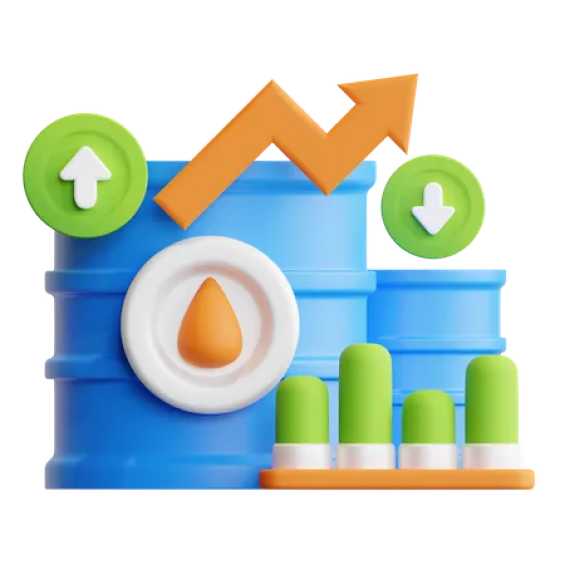Subtotal $0.00
Unlock the potential of the global commodities market with Freedom27. Explore a world of opportunities in trading precious metals, energy, and agricultural products with advanced tools and expert support






Trading commodities involves buying and selling raw or primary products like gold, oil, and agricultural products. This market is attractive due to its diversity, offering a range of assets that behave differently under various economic conditions. Commodity trading can be a way to hedge against inflation, diversify a portfolio, or capitalize on market-specific developments such as changes in weather patterns or geopolitical events.
The benefits of trading commodities include diversification of investment portfolios, as commodities often have an inverse relationship with stocks and bonds. They can act as a hedge against inflation, as commodity prices often rise when the cost of living increases. Moreover, commodities are influenced by supply and demand dynamics, providing opportunities to capitalize on global economic and geopolitical changes. Additionally, the commodities market can offer significant volatility, which can lead to potential for high returns.
Financial leverage in commodities trading, such as 1:100, enables traders to control positions worth $100 with only $1 of capital. This amplifies the potential for profit from small market movements but also increases risk, as losses can similarly be magnified.
Caution is crucial in commodities trading due to market volatility and the risks of high leverage. While leverage can increase gains, it can also lead to significant losses, potentially exceeding initial investments. Traders should adopt sound risk management practices and be prepared for the unpredictable nature of commodity markets.

Gold is a reliable asset for hedging against inflation and economic instability, often sought after in times of market volatility for its enduring value.

A crucial energy commodity, oil's price is swayed by geopolitical events and global demand, impacting various sectors due to its essential role in the economy.

Silver, serving both industrial and investment purposes, sees fluctuating demand across sectors like electronics and jewelry, mirroring gold's market trends but with higher volatility.

Increasingly important for cleaner energy, natural gas is a growing commodity in the energy market, with demand driven by environmental policies and energy needs.

As a fundamental food source, wheat's price is subject to global production changes, weather conditions, and agricultural policies, reflecting its critical role in food security.

Copper, used extensively in construction and technology, acts as a barometer for economic health, with its demand linked to industrial growth and infrastructural development.

Coffee's market is sensitive to climate changes and trade policies, with global demand for this popular beverage influencing its price and production.

Vital in the food industry, soybean prices fluctuate due to weather impacts on yields and export dynamics, affecting global food markets and policies.